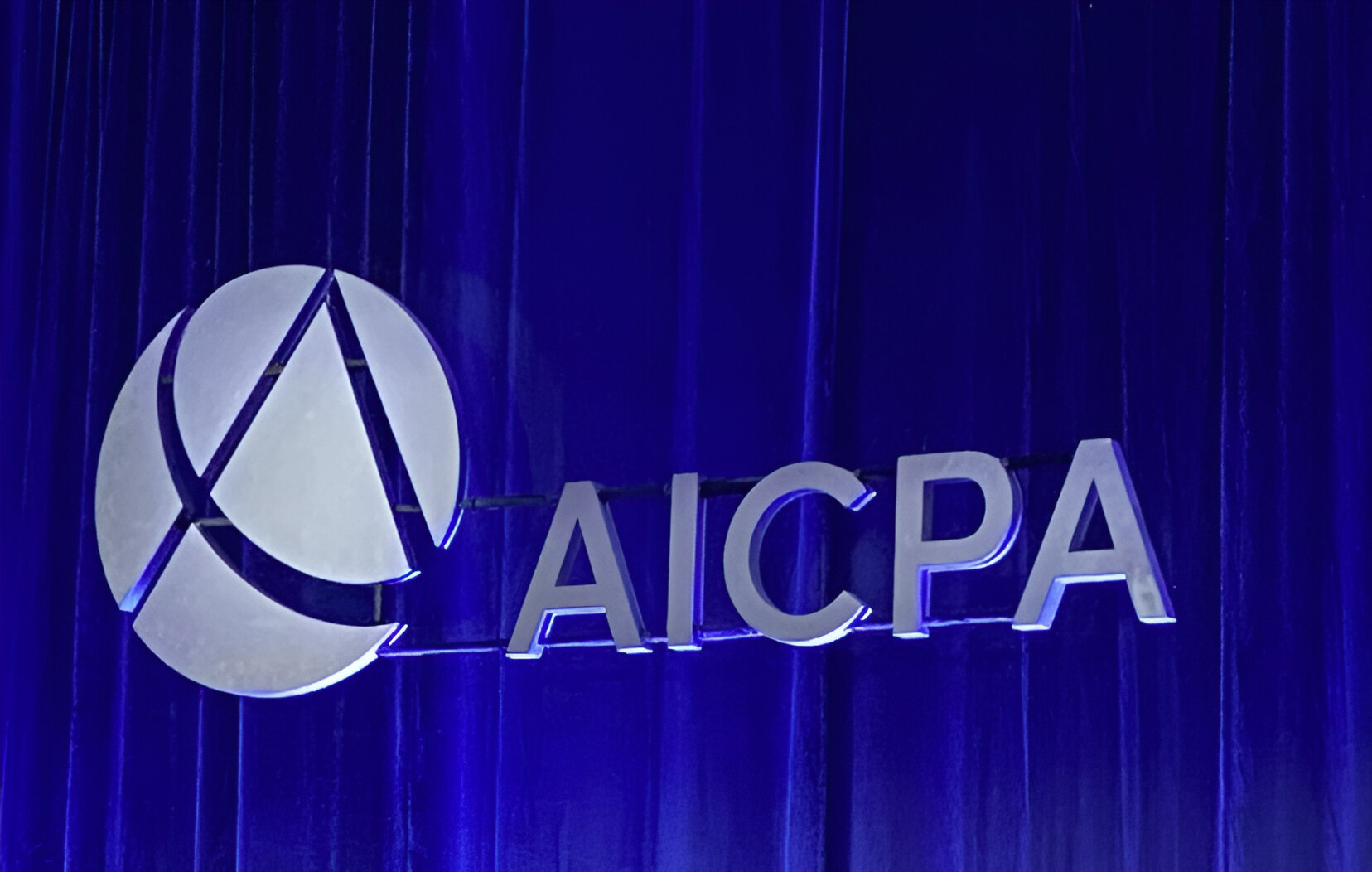A new rule approved by the Securities and Exchange Commission (SEC) on Wednesday that will require some public companies to report their greenhouse gas emissions and climate risks “brings much-needed clarity for businesses and investors on climate-related information and the reporting disclosures required of U.S. companies,” said an official from the AICPA and CIMA.

“Capital markets are already demanding this information, with many businesses voluntarily setting goals and supplying data,” Susan Coffey, CEO of public accounting for the AICPA and CIMA, said in a statement on March 6. “The SEC rule moves us closer to the kind of consistent, comparable, and high-quality reporting that investors, lenders, and other stakeholders require.”
Coffey continued: “The final SEC rule requires assurance over greenhouse gas emissions, with some companies obligated to move from limited to reasonable assurance over time. We believe CPAs are best suited to undertake these engagements, especially when making connections back to a company’s financial statements.
“Our ongoing research with the International Federation of Accountants underscores the detrimental impact of inconsistent, fragmented reporting on climate-related disclosures. We strongly support adoption of a global baseline of sustainability standards issued by the International Sustainability Standards Board (ISSB). As other jurisdictions around the world begin to integrate ISSB standards into their disclosure rules, U.S. companies would benefit from the SEC’s acceptance of their use.”
Large public companies will be required to say more in their financial statements about the risks climate change poses to their operations and their own contributions to the problem. But the version approved on Wednesday is weaker than an earlier draft. After intense lobbying following the SEC issuing the proposed rule two years ago, companies now won’t have to report Scope 3 emissions, or the climate pollution that happens outside a business’s own operations or energy use.
Companies, business groups, and others had vehemently opposed requiring Scope 3 emissions, arguing that quantifying such emissions would be difficult, especially in getting information from international suppliers or private companies, according to the Associated Press.
In the weeks ahead, the AICPA and CIMA said they will be devoting considerable resources to help CPAs and management accountants understand the new SEC rules, including a webcast next month on its implications.
Thanks for reading CPA Practice Advisor!
Subscribe Already registered? Log In
Need more information? Read the FAQs




